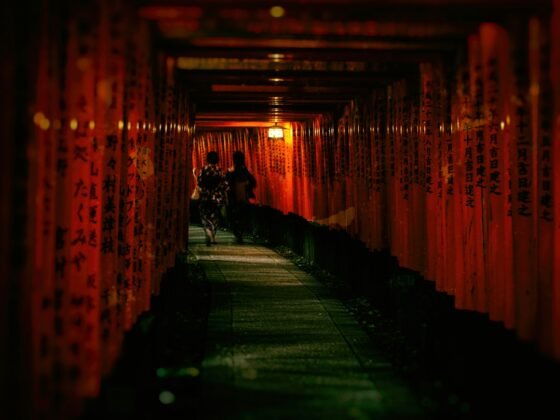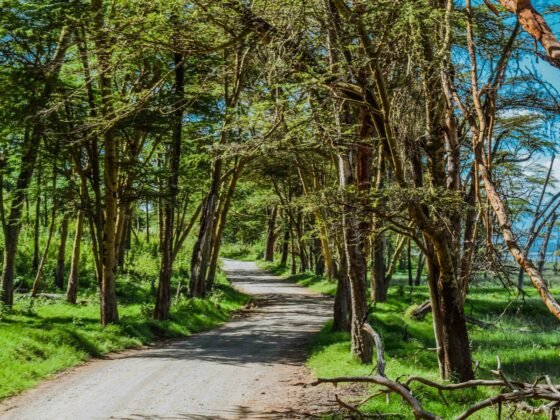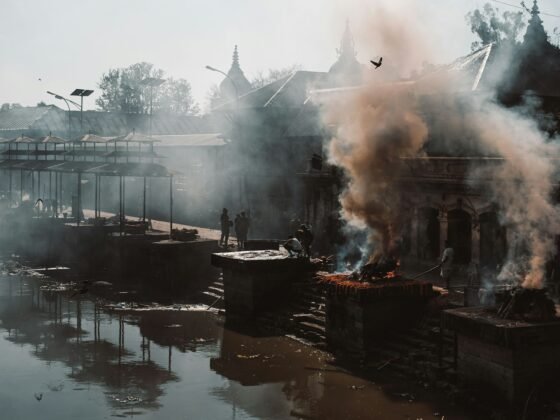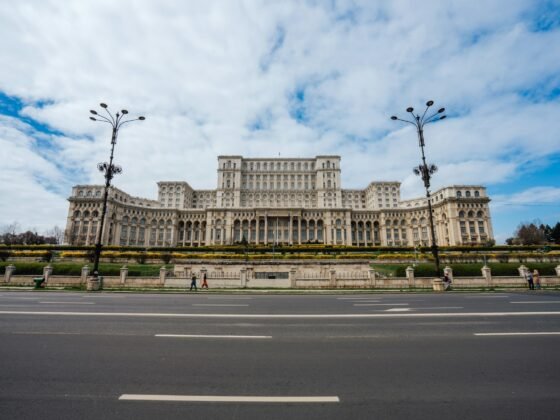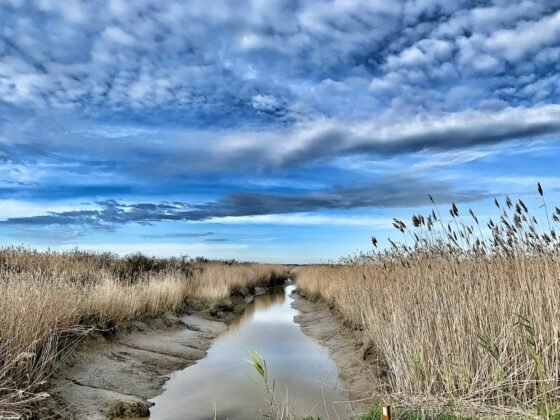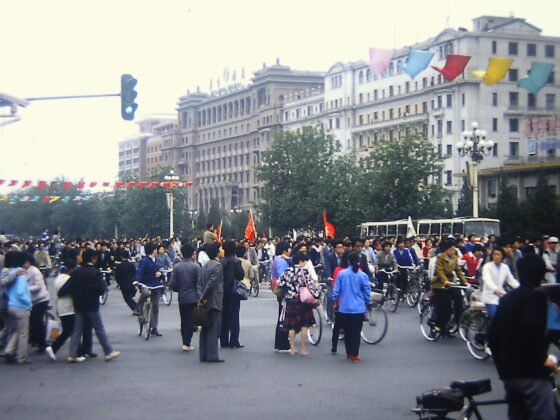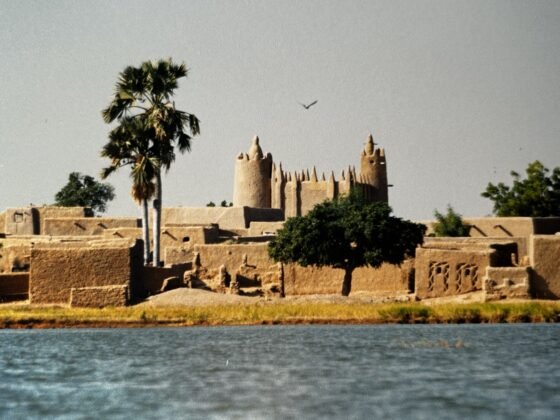Alvin Lam takes us paragliding in Iceland and falls in love with the place he lands. This travel writing article was part of the Explorers Against Extinction “Stories For Survival” Campaign, of which PureTravel was the sponsor.
“All you gotta do is run off the cliff. Got it?”
Before I could respond I was pushed forward, with my legs following suit. I plummeted in the direction of the tiny cartoon houses of Vík and was instantly dragged back up towards the powder blue sky. A seeming infinite strip of black beach borders the Atlantic and the rest of the tiny town. I was out of breath, literally and figuratively. Did I mention I was paragliding?
Back on the ground, the adrenaline settles down quickly due to how peaceful this village is. This one square kilometre land mass in Iceland is home to around 700, who are hard to spot. Its busiest spot was a small restaurant serving burgers and fish and chips, with many being tourists as Vík is a popular pit stop between the capital Reykjavík and Höfn, a fishing town on the southeastern coast.
The village is overlooked by a church on top of the hill, taken out of a fairytale, which serves as a hopeful refuge sheltered by altitude and nearby mountains in the case of a volcanic eruption from the north. The active volcano, called Katla, is below the Mýrdalsjökull glacier, and its imminent eruption will bring peril to the whole of Vík through flash floods and of course, lava. Still, the population of this village is growing.
It is at this place that you get a sense of living in the moment, without much care for the outside world, or much worry about the future, even if it involves a looming wipeout of civilization. The slow pace of life paired with unique, majestic views without bounds makes you take a step back, and just breathe. I very much regret not staying longer, and like many others, treated this village like a pit stop.
A world without Vík could be closer than we know it. Same for anything else. A world without a certain friend or family member. A world without “endangered species”, only because the label is replaced with “EX”. A world without forests and glaciers, due to private ventures fuelled with greed and climate change. We have to cherish what we have now, and the opportunities of today.
For Vík it would be to document its culture, as man cannot and will not win against nature. But for man-made threats that could eliminate countless natural and living treasures of our world, we can, and must do more. Only then can we have the hope to live in a world with all these riches, riches that can stay with us forever.




